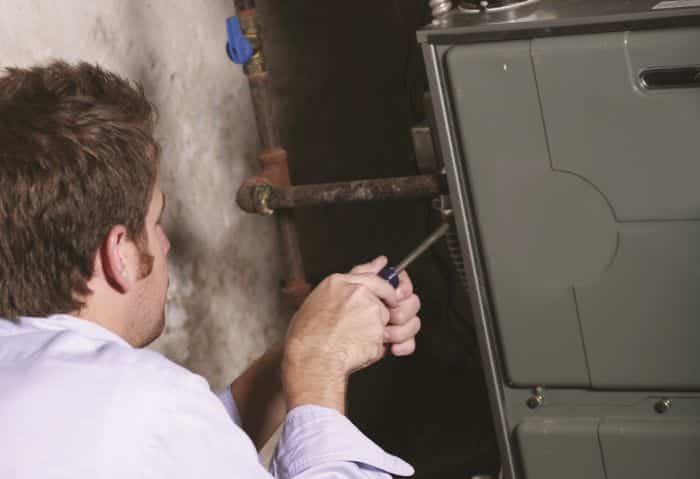You rely on your heating and cooling system to provide comfort all year long. But you may be surprised to learn that many factors you might never have considered are effecting the efficiency of your system.

Heating System Age
The average lifespan of a heating and cooling system is 15 to 20 years, then efficiency begins to decline. You will see higher energy bills, more frequent repairs, and replacement parts will be harder to find and more expensive. At that point, replacing your system is your best option.
Thermostat Placement
Mounting your thermostat in a place that gets full sun will trick your system into running when it’s not really needed.
Fan Settings
Make sure your fan is set to automatic so it will only run when your heat or AC are running. If the fan is set to manual, it will run continuously.
SEER Rating
The Seasonal Energy Efficiency Ratio or SEER rating is an indication of unit efficiency. The higher the SEER rating, the more efficient the unit.
Air Filter
As air moves through the system, the filter captures debris such as dust, pollen, dirt, and pet hair. When the filter is full, it fails to remove debris as efficiently as it should. To avoid this, replace air filters every three months for maximum efficiency and better air quality.
Preventive Maintenance
Having your system regularly serviced will ensure peak performance, identify potential problems in advance, and provide you with peace of mind.
Contact Us
Call us at 717-665-6910 or contact us online to get a service quote.
